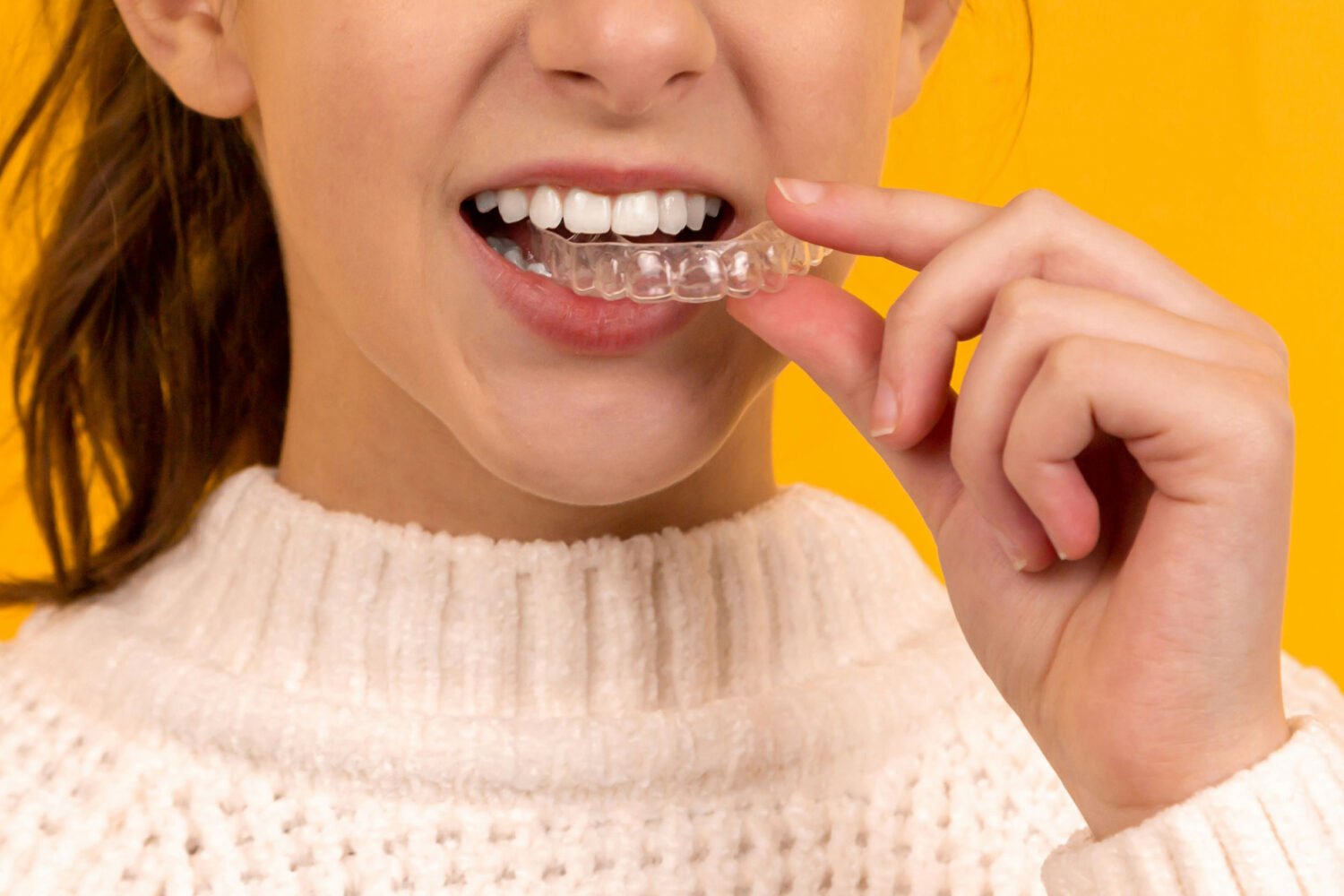Your teeth are probably the last things you’re worried about when you spend time in a swimming pool, right? A soon-to-be released paper from a team at New York University’s College of Dentistry notes the damaging—and irreversible—effects improperly chlorinated pools can have on tooth enamel.
Turns out, pool water that’s too acidic—meaning the pH balance is below 7—can erode tooth enamel very rapidly. Researchers found that pool water with a pH balance between 2.7 and 7 caused tooth damage. Properly balanced pools should register between 7.2 and 7.8.
The NYU paper is based mainly on a 52-year-old patient who complained of extreme tooth sensitivity, staining, and enamel loss over a five-month period. The authors later linked the patient’s tooth issues with his regular 90-minute exercise routine in his backyard pool, which he’d started that summer. The connection between pool chlorination and tooth damage has also been noted by the Centers for Disease Control and other dental journals.
The takeaway? If you’re lucky enough to have your own swimming pool, here’s one more good reason to go ahead and spend the money to have a professional maintain it. At the very least, you should check your pool’s pH balance once a week. Once your tooth’s mineral-rich enamel is gone, it’s gone—and you can’t get it back.
For swimmers who frequent public or shared pools, you can actually test for acidity on your own using a pH strip, available at pool-supply stores. Or you can eyeball it and use a bit of common sense: Pool water that’s too acidic will eat away at pool lining and any metal surface, such as ladders and railings. If you notice spots of wear or rust, you might not want to get in the water.
Subscribe to Washingtonian
Follow Well+Being on Twitter
More >> Health | Top Doctors | Well+Being Blog


















